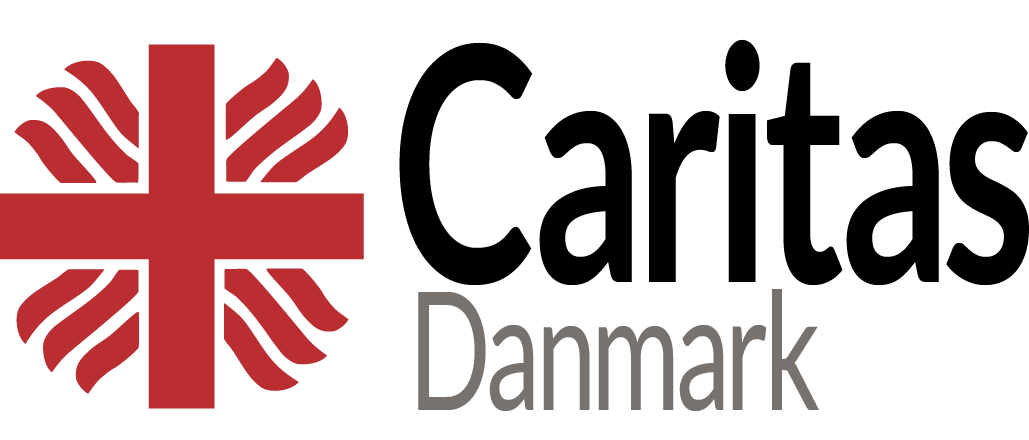Local Solutions to Local Problems
How Pesitho supports help for self-help
At Pesitho we are proud to be working together with strong partners such as Caritas Denmark, whom we have been able to establish a successful working relationship.
One of the outcomes of this ongoing collaboration is the establishment of a locally run cooperative located outside of the Bidibidi refugee settlement in Uganda.
What is a cooperative and how does this one work?
Pesitho and Caritas have the aim to provide families in refugee and vulnerable settings with facilities and guidelines needed to sustain themselves and fulfil their everyday cooking-needs in a sustainable and healthy way.
A major point of attention is the focus on integrating and developing local skills, training, knowledge and capacity, rather than enforcing or promoting a one-size-fits-all solution that generates benefits for only parts of the community.
Therefore, we have established this local cooperative which creates a circular economy within the local community.
Pesitho provides the cooperative with its ECOCA cook stoves, the solar-powered cooking units that enable cooking at least three meals a day for an entire family in a healthy and environmentally friendly way.
Because the ECOCA runs on solar power, no wood fuel for cooking is needed, reducing deforestation and air-pollution through smoke while cooking and saving a significant amount from collecting firewood during the day.
Furthermore, people can become members of the coop by taking on jobs in the local production, sales, technology, or support departments of the ECOCA in the community, providing a sustainable income for families.
A significant advantage to this type of model is the element of community ownership. This means that the members of the cooperative have a voice and can represent their community in decision-making processes that influence both their lives and the environment.
In this way, money generated from working in the cooperative flows directly back into the local community, creating the circular economy system that provides people with sustainable prospects, contributes to improved health, and reduces deforestation.

Leave a Reply
You must be logged in to post a comment.